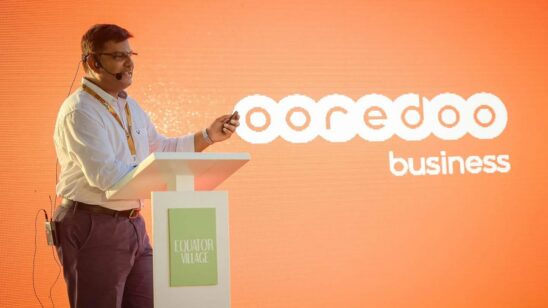
Four revenue management opportunities for hotel owners
[vc_row][vc_column][vc_column_text]Technology has become an influential player in the development and refinement of hotel business strategies. And while the practice of revenue management may sometimes find itself branded as “micro-level” from an owner’s perspective, it provides many opportunities to increase asset performance and value.
Below are four opportunities that revenue management brings to the table for today’s hotel owners;
Going beyond the guestroom
Over the past few years, the practice of revenue management has evolved beyond simple and tactical approaches for managing guestrooms and pricing alone. As revenue management and its technology has continued on this evolutionary blaze, the opportunity for a holistic revenue management approach has emerged from yesterday’s ashes.
The effects of a robust revenue management culture are found permeating into different hotel departments, from marketing to sales to operational teams. Today’s revenue managers are beginning to evaluate total revenue contributions. This includes the management and pricing of meeting and event spaces, group business and ancillary revenues. Revenue managers are also evaluating costs to help the hotel focus clearly on profits – not just revenue.
While hotel owners don’t need to be heavily involved in these types of day-to-day operations, there is a huge opportunity for them to communicate overall hotel revenue goals to senior management. This kind of open communication can directly influence the strategic role of the revenue manager.
Consider this scenario: The hotel in question is a new asset and the owner is interested in making a quick return on the investment – intent on selling the hotel after a couple of successful years. Communicating this plan allows the hotel team to focus their strategy on achieving that objective.
The operational opportunity
Hotel owners have a huge operational opportunity to understand how accurate revenue management forecasts can not only positively influence their property’s profits but also help in the planning of staffing levels and inventory.
Accurately anticipating demand allows the hotel to allocate staff across departments in response to low and high periods of demand. This helps optimise wage costs and also increases guest satisfaction since departments are staffed to handle the flow of guest traffic.
Detailed forecasts also help anticipate expected demand in restaurants and spas – so the levels of perishable inventory (such as fresh food) can be accurately ordered, with waste minimised.
It’s all business. It’s just not always good business
Rather than only focusing on occupancy levels, the hotel’s average daily rate (ADR) and revenue per available room (RevPAR) are good financial indicators of hotel health and have a direct flow through to bottom-line performance. To help improve a hotel’s RevPAR or ADR, the right customers need to be attracted at the right price. Revenue management technology can provide analysis in identifying the highest valued customers.
Hotels can be tempted to sell out their rooms to lower rated business, but they end up losing out on higher rated business that would have stayed more nights and made them more money. This is a complexity of revenue management that owners may find difficult to appreciate because it may seem counterproductive to turn down any kind of business. Trusting forecasts and market pricing will demonstrate over time that turning down the wrong business can lead to significant increases in revenue.
Does timing really matter?
Investing in revenue management technologies from an early planning stage – even before a property opens its doors for business – is important. When effective revenue management is established in the early stages of a hotel’s lifecycle, it informs everyone about the hotel’s direction and how it’s going to get there.
The investment stage is the ideal place to introduce revenue management since it can be capitalised to its fullest through feasibility studies, revenue projections and the resulting flow-through. It can further be used to set strategies and establish a long-term action plan. However, any time in the lifecycle is a good time to start taking advantage of revenue management.
There’s a huge opportunity for hotel owners to take an active interest in the principles of revenue management and its effective implementation at their hotels. These four opportunities will help owners begin maximising their returns and increase the lifetime value of their hotels.
Brian Douty is the chief financial officer at IDeaS Revenue Solutions. This article was previously published in TNOOZ.
To help hoteliers in the Maldives delve deeper into better revenue management tactics, Hotelier Maldives will be holding the second edition of its Revenue Management Concept Workshop this year. Scheduled to be held December 4 and 5, the workshop will have an overview of revenue management and also focus on market segmentation, pricing, forecasting, revenue management tactics, channel management, strategy setting and implementation, amongst other important topics.
The two-day workshop, organised by Hotelier Maldives and IDeaS, will be facilitated by Tracy Dong, the Lead Advisor of Asia Pacific region at IDeaS Revenue Solutions – a SAS Company based in Singapore. For enquiries about the workshop, please reach out to Bunaanath Yoosuf (via email: bunaanath@167.172.155.58, or mobile: +960 7910848, +960 7910858]. To learn more and register your attendance, please visit drive.ideas.com/rmmaldives17.[/vc_column_text][/vc_column][/vc_row]






